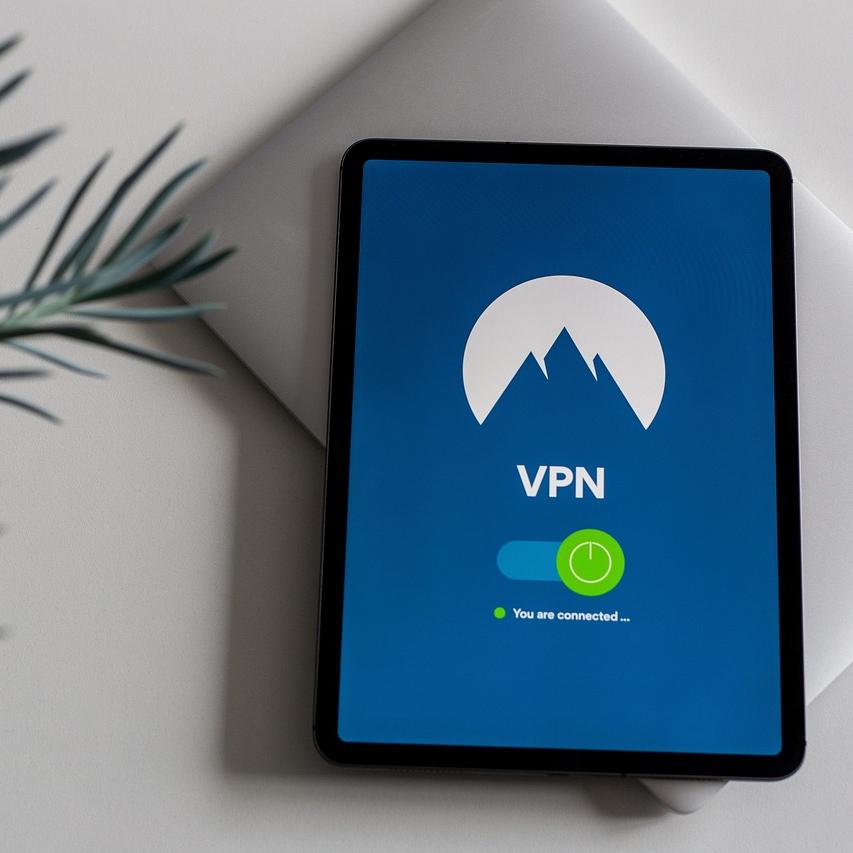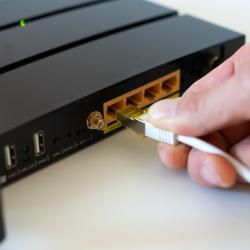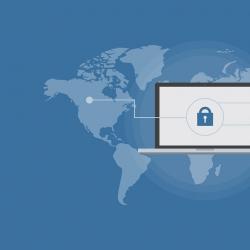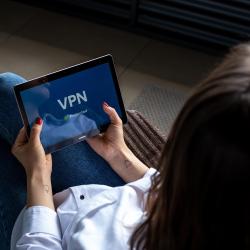Why You Need a VPN and How to Choose the Best One
Safeguarding your online privacy and ensuring secure internet access has never been more critical. With cyber threats on the rise and online censorship becoming increasingly common, a Virtual Private Network (VPN) offers a reliable solution to these challenges. This article delves into why you need a VPN and how to choose the best one for your needs.
Why You Need a VPN
1. Enhanced Privacy and Anonymity
A VPN masks your IP address and encrypts your internet traffic, making it nearly impossible for hackers, governments, or even your Internet Service Provider (ISP) to track your online activities. This enhanced privacy ensures that your browsing history, personal information, and online communications remain confidential.
2. Secure Data Transmission
When you connect to public Wi-Fi networks, such as those in cafes, airports, or hotels, your data is vulnerable to interception by malicious actors. A VPN encrypts your data, providing a secure tunnel through which your information travels, protecting it from potential breaches.
3. Bypassing Geo-Restrictions and Censorship
Many websites and streaming services restrict content based on geographic locations. A VPN allows you to connect to servers in different countries, bypassing these geo-restrictions and accessing content as if you were in another location. This feature is particularly useful for travelers and expatriates who want to access content from home.
4. Improved Online Gaming Experience
For gamers, a VPN can reduce latency and protect against DDoS attacks, ensuring a smoother and more secure gaming experience. Moreover, it can help you access games that are region-locked or released earlier in other countries.
5. Cost Savings
Some online retailers and travel booking sites offer different prices based on your location. By using a VPN to change your virtual location, you may find better deals and save money on flights, hotels, and products.
How to Choose the Best VPN
Selecting the right VPN involves considering several critical factors to ensure it meets your specific needs. Here are some key considerations:
1. Security Features
Look for a VPN that offers robust security features, such as AES-256 encryption, a kill switch, and DNS leak protection. These features ensure maximum protection of your data and prevent accidental exposure.
2. No-Logs Policy
A strict no-logs policy ensures that the VPN provider does not store any of your online activities. This is crucial for maintaining privacy, as it means that even if the provider is compelled by law enforcement, there is no data to share.
3. Server Locations and Speed
Choose a VPN that offers a wide array of server locations, allowing you to connect to different regions easily. Additionally, ensure that the VPN provides fast and reliable connections, as slow speeds can hinder your online experience.
4. Compatibility and Ease of Use
Ensure the VPN is compatible with all your devices, including computers, smartphones, and tablets. A user-friendly interface makes it easier to use, especially for those who are not tech-savvy.
5. Customer Support
Reliable customer support is vital for resolving any issues you may encounter. Look for VPN providers that offer 24/7 support through various channels, such as live chat, email, or phone.
6. Pricing and Free Trials
While free VPNs are available, they often come with limitations and security risks. Opt for a reputable paid VPN that fits your budget and offers a free trial or money-back guarantee, allowing you to test its features before committing.
Conclusion
In a world where digital threats are ever-present, a VPN is an invaluable tool for protecting your online privacy and security. By carefully evaluating the features and services offered by different VPN providers, you can select one that best suits your needs and ensures a safer, more private internet experience. Whether you're a casual internet user, a frequent traveler, or a dedicated gamer, the right VPN can significantly enhance your online life.






















